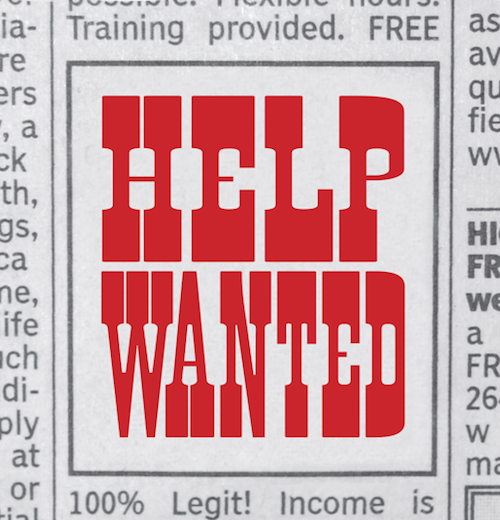
To follow up on my previous post, I've gathered some thoughts on work from a few of my favorite poets living here in New York, all of whom happen to have interesting and demanding full-time jobs. I chose to interview NYC poets because of how extraordinarily difficult it is to live and work and write here, due to the high cost of living. See Joshua Beckman’s poem, “Leave New York” for details.
I asked these four poets a question: How does your day job interfere with, inspire, complicate, and/or enrich your creative work? And vice-versa, if applicable.
First, from Stacy Szymaszek, Artistic Director of the Poetry Project at St. Mark’s Church:
My job as Director of The Poetry Project certainly does all of those things! It interferes in the most obvious way of being the job I spend most of my time doing, but really, I've been working since I got a job at McDonald's in 1986. The struggle for me is how to handle the intensity of the emotional labor, how to manage burnout, which my therapist partner reminded me is "disavowed grief," in a way that keeps me vital for the act of seeing and writing. Because to be the Director actually also carries with it the responsibility of being a working poet so I really can't give in to the temptation to not write.
It complicates in that I am a poet among poets (some, I mean all, of my best friends are poets) and I have things to give that poets want. And I want things too. It inspires because The Poetry Project is an important place and I've been involved in its evolution since 2005. It's a thrill to work here. I have a finished manuscript that was directly inspired by the East Village, St. Mark's and the Poetry Project as my “new places,” and one in the works as well. Letting my work-a-day life into the poems is one of the ways I'm able to keep seeing and writing.
Next, Rodrigo Toscano, who works as a Health, Safety and Environment educator & coordinator:
Every year, some 4 million workers in this country get injured in workplace environments that are unsafe or unhealthy (averaging 13 deaths every single day). The combination of irrationally planned speed-ups and the non-allowance of time or space to talk about hazard identification, plus the suppression of near-miss accident reporting, all lead to the carnage. I work for the Labor Institute in conjunction with the United Steelworkers and National Institute for Environmental Health Science. I work out of a laptop, tethered to a Droid, residing in airports, occupying poetics in midflight, on the way to sites to engage workers. I listen to men and women deliberating about their bodies’ range of motion in the world. I facilitate dream-projections of new realities, infusing lessons-learned from virtually every state and region of the country. My body-politics is pan-industrial (isn’t everyone’s sexuality cross-industrial?) My speech, like all subjects of Capitalism, is at odds with its intentions. My aesthetics are acutely syncretistic. My 10k pace—is coming along!
Kimberly Lyons had this to say about her job as a social worker:
My poetry, and most of ours, cannot measure up to the vivid, wrenching, witty, outraged language and communications of schizophrenic homeless, traumatized women I happen to work with every day. Their stories, accounts and thoughts as told verbatim should be and need to be read.
And finally, Rachel Levitsky, Associate Professor, Humanities and Media Studies, Pratt Institute; Member, Belladonna Collaborative; Officer, Office for Recuperative Strategies:
Your question comes to me on a day upon which I woke particularly anxious. For the one hour before I woke when I was not fully sleeping all I could think was "I cannot keep up with my life." A slideshow of unfinished projects and unfulfilled promises then passed under my eyelids: a drawing collaboration called "Acts of Location" with Christian Hawkey, an essay on "My Avant-garde" for Joshua Marie Wilkinson, the Afterword for the translation of the Quebecois "La Theorie, Un Dimanche" to be published as "Sunday, A Theory" this summer oh my by Belladonna Books...the list goes on. What I am being creative at is teaching, mentoring and taking advantage of all the good when it comes my way, more spaces of pedagogy, more collaboration, conversations about the future of communism and activism, reading from my new book, participating at the Park Slope Food Coop, talking to strangers, beginning to write about my dead who are not so dead.
Laura Sims is the author of three books of poems: My god is this a man (2014), Stranger (2009) and Practice...
Read Full Biography

